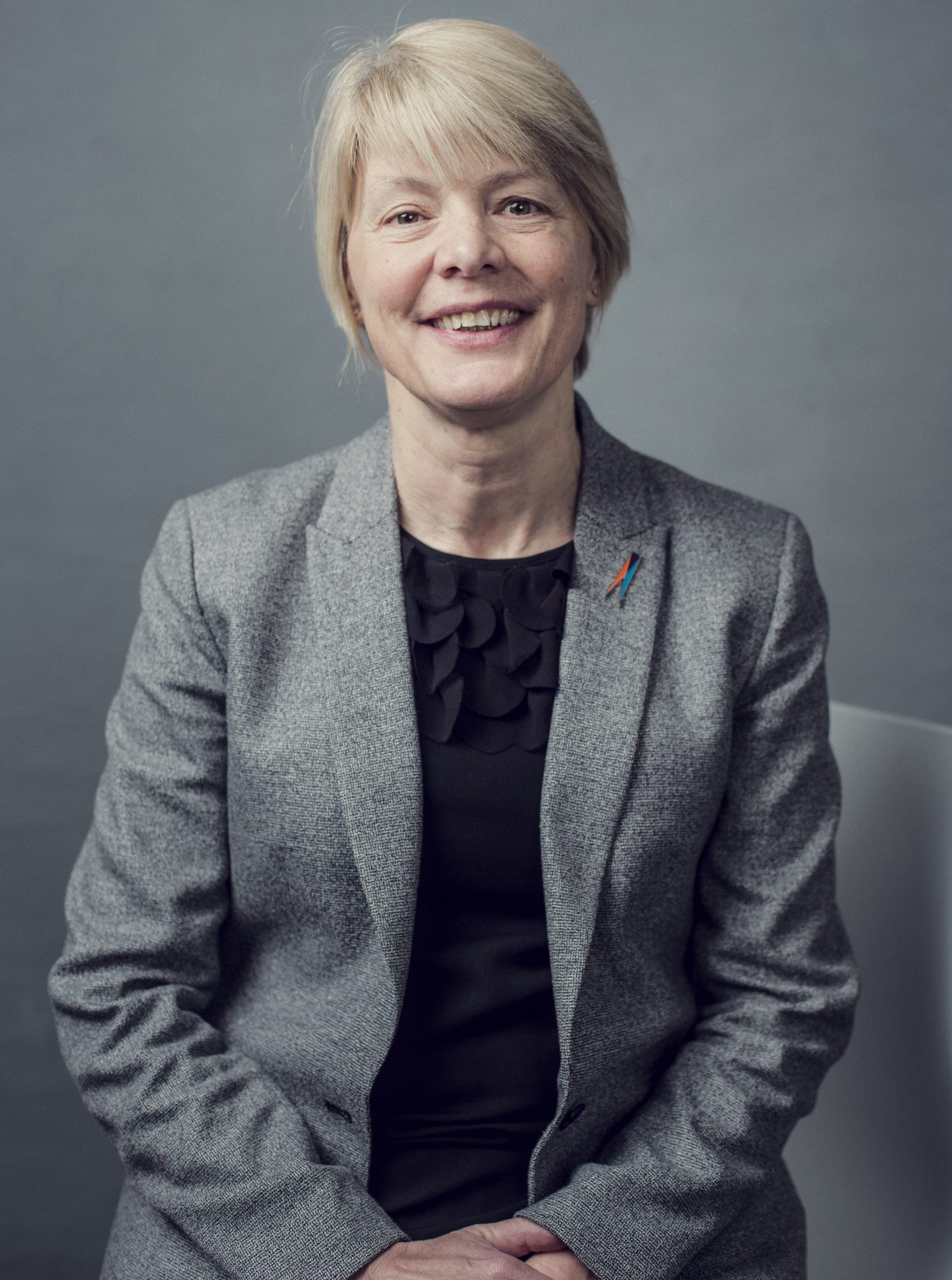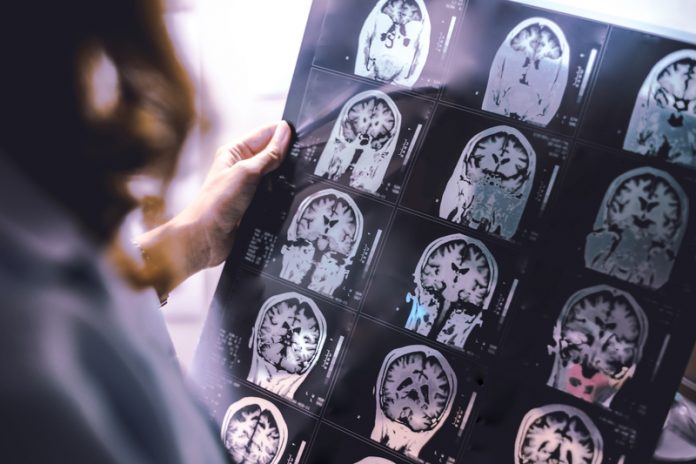Dr Carol Routledge, Director of Research at Alzheimer’s Research UK charts the priorities for medical research when it comes to dementia and Alzheimer’s disease
Today, as you’re reading this, 850,000 people in the UK are living with dementia. Recently it has overtaken heart disease as the UK’s leading cause of death. With no treatment capable of stopping or slowing the underlying diseases, it’s a condition that no-one has yet survived.
Dementia is a devastating condition, caused by physical diseases, most commonly Alzheimer’s disease. Yet we know that research has helped millions of people survive diseases like cancer and HIV/AIDS, and we can make the same progress for dementia too. Through medical research, we will bring about a lasting solution to dementia, but we must intensify our efforts to make life-changing breakthroughs possible.
At Alzheimer’s Research UK, we’re focusing our energies on four key areas of action to make our vision of a world where people are free from the fear, harm and heartbreak of dementia, possible. We’re working to understand the underlying causes of dementia, to detect and diagnose these diseases earlier and more accurately, to help people reduce their risk and ultimately to develop medicines that keep people connected to their families, their worlds and themselves for longer.
We are building on 100 years of scientific discoveries to translate breakthroughs in the laboratories into life-changing treatments. Through strategic initiatives like our Drug Discovery Alliance and the Dementia Consortium, we are bridging the gap between academic research and pharmaceutical companies in order to accelerate this work. These initiatives are providing the funding, resources and expertise to increase the number of new drug targets emerging from research, and capitalising on breakthroughs that hold the promise of transforming lives.
Advances in technology are providing huge opportunity to improve how we detect the diseases that cause dementia, ensuring an accurate diagnosis for everyone at a time that’s right for them. Detecting the diseases that cause dementia early is important, especially as research is now showing that diseases like Alzheimer’s can begin up to 15 -20 years before any symptoms start to show. We believe this could offer a vital window of opportunity to intervene before widespread damage to the brain has taken place, but this would mean transforming the way these diseases are detected and diagnosed.
The ability to detect and subsequently diagnose these diseases before symptoms begin is a crucial goal for research and requires technology that has yet to be harnessed. Recent advances in innovative technologies and big data offer a critical opportunity for tackling this challenge. By using the power of these tools appropriately and effectively, we could potentially revolutionise our ability to detect, diagnose, and ultimately treat, diseases like Alzheimer’s much earlier. This will require a major effort and significant investment, but we believe this approach could lead to huge benefits for people affected by dementia and their families.
If we can diagnose earlier than we currently do, we could not only treat people at an earlier stage, but we could empower more people to make lifestyle choices that could benefit their brain health. This work will be vital over the coming months and years.
All of this work is central to our mission to bring about a life-changing treatment for dementia by 2025 – a mission that mirrors the global ambition set by world health leaders at the G8 Dementia Summit in 2013. If we’re to reach that ambition and offer an effective treatment for millions of people living with dementia around the world, we can’t afford to wait.
We are making good progress in dementia research, but we must not become complacent. That’s why Alzheimer’s Research UK has pledged to commit a landmark £250 million to dementia research by 2025, and we are calling on the public to stand with us to make this ambition possible. Yet this alone is not enough. Governments around the world also have a crucial role to play.
Currently, UK government spending on dementia research is equivalent to 0.3% of the condition’s annual cost to the UK economy, a cost that now stands at £26 billion a year. We’re calling on the government to increase that to 1%. Just 1% will bring more researchers into the field. Just 1% will help us find new ways to detect and diagnose dementia and widen the search for new treatments.
The scale and complexity of dementia mean that we must have a long-term plan to tackle this enormous challenge – the necessary investment, support and incentives must go beyond the parliamentary cycle. We must push onwards and keep up the momentum if we are to deliver new treatments.
By driving progress across all these important strands of work, we will make life-changing breakthroughs possible.

Dr Carol Routledge
Director of Research
Alzheimer’s Research UK
Tel: +44 (0)300 111 5555











